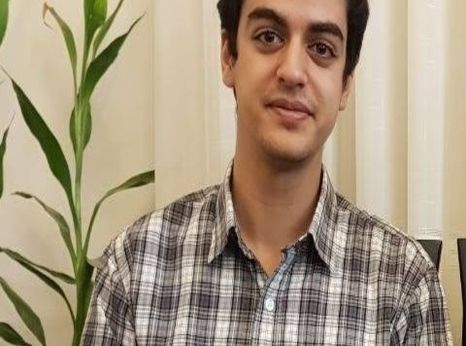University student at risk of torture

In response to statements by Iran’s judiciary spokesperson that two university students – in apparent reference to Ali Younesi and Amir Hossein Moradi, the other university student arrested – had been in possession of “explosive devices” in their homes and were affiliated with “counterrevolutionary” groups, Aida Younesi, Ali Younesi’s sister publicly stated on 5 May 2020 that “after 26 days of detention where it is not even clear what disaster you have inflicted on my brother [Ali], you come and make these ridiculous charges”. In response to the spokesperson’s allegation that “explosive devices” were found in the homes of the university students, Aida Younesi also added that security officials told them that that they had found nothing suspicious after searching Ali Younesi’s home. Moreover, in the days following Ali Younesi’s arrest, his family was told every few days he would be soon released. The judiciary spokesperson had also, without further elaboration, attempted to connect these arrests to the COVID-19 pandemic by saying “in this corona[virus] situation, it was the enemy’s conspiracy that wanted to create chaos in the country”.
Ali Younesi and Amir Hossein Moradi are award-winning students at Sharif University of Technology in Tehran. Ali Younesi is a silver and gold medal recipient in Iran’s National Astronomy Olympiad and the 2018 gold medal winner in the International Astronomy and Astrophysics Olympiad held in China. Amir Hossein Moradi is the silver medal recipient in Iran’s National Astronomy Olympiad.
The Iranian authorities have a history of targeting family members of those who have real or perceived ties with the PMOI. Following the post-June 2009 election unrest in Iran, the authorities arrested, amongst many others, individuals who had relatives with a past or current association with opposition groups, including the PMOI. See From Protest to Prison, for more information. Those arrested in 2009 include prisoner of conscience Maryam Akbari Monfared, who is serving a 15-year prison sentence following the arbitrary interference with her privacy, family and correspondence in relation to having made phone calls to and visiting once family members who were members of the PMOI (Click here for more information).
Since the outbreak of coronavirus (COVID-19) in Iran became publicly known in February 2020, many have been raising concerns for the wellbeing of those jailed and calling for the release of prisoners of conscience and those held on politically motivated charges. Prisoners’ families have repeatedly voiced their fears that the lack of sanitary products and poor prison conditions put prisoners at greater risk. Iran’s judiciary made a number of announcements about how it intends to prevent the spread of COVID-19 in prisons, including releasing prisoners temporarily and upon payment of bail and to grant pardons to certain types of prisoners. However, hundreds of prisoners of conscience remain jailed and the authorities continue to arrest people for politically motivated reasons.